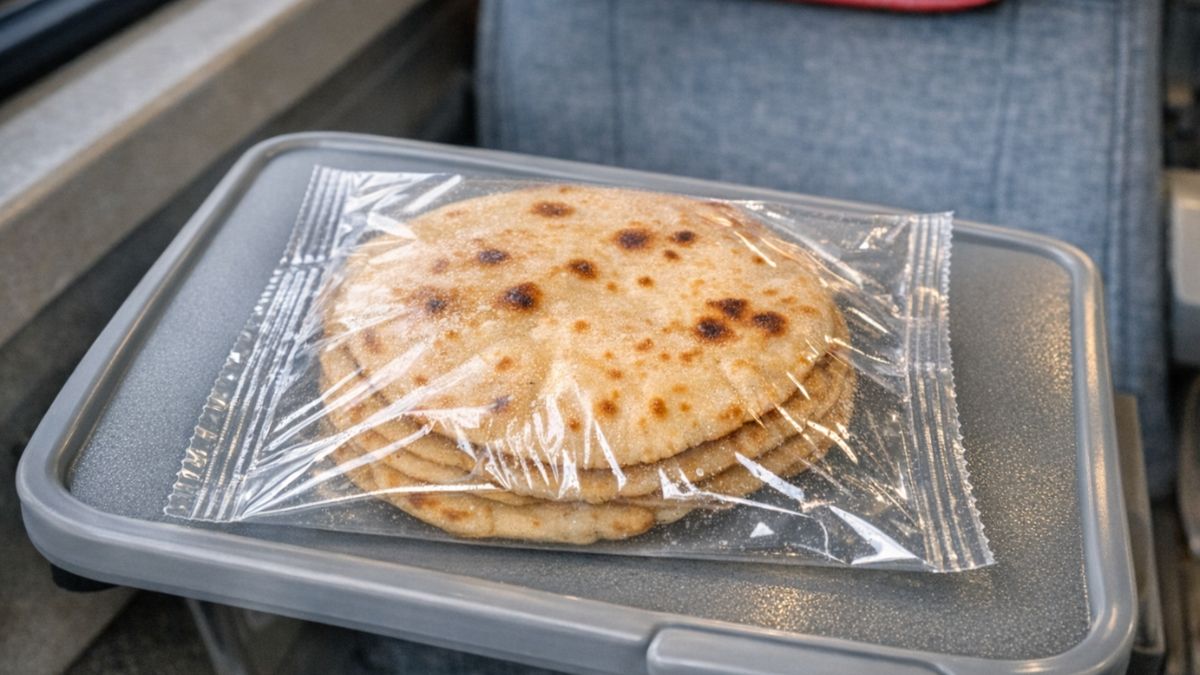The recent times have seen Keto diet becoming a huge hit. The diet's success in controlling weight, and thereby, helping in blood sugar management and lowering cardiac risk factors, has made it one of the most popular diets. Keto diet was originally planned to help control diabetes and for controlling epilepsy in children. The diet recommends a very low carb intake of not more than 50g a day, high fat of upto 65% and moderate proteins. It does help with weight loss and the results show fast. Keto today is being explored for controlling diabetes, especially its early onset.
A new version of Keto called Keto 2.0 has been launched to make the following changes in the previous one -
1. Make it more flexible
2. To address the concerns of the medical fraternity about high intake of saturated fats and an effort to make it more healthy
3. An explosion of products that makes it possible to reach more consumers.
While everyone agrees that there are different ways to do Keto, Keto 2.0 makes it more varied.
(Also Read: On Ketogenic Diet? Experts Reveal The Risks)
Watch: What Is Keto 2.0? How Is It Different from Ketogenic Diet?
What is Keto 2.0?
Keto 2.0 addresses the concern of clinicians who have seen increased LDL levels because of the high animal saturated fat intake. The new version allows plant-based healthier oils containing olive and peanut and plant-based high fat foods like nuts, seeds, avocado, and healthier meat options like fish.
Fibre has been missing from the original diet, but with Keto 2.0, high fibre and low net carbs from plant based foods create more space for variety and still remaining low carb.
This version is supposed to benefit women dealing with hormonal imbalance. Probably the healthy plant based fats and fibre, which are beneficial for the body also have a positive impact on hormones.
Whether the new version - Keto 2.0 - will be as effective as the original version remains to be seen; but it is definitely healthier and more sustainable.
Disclaimer: The opinions expressed within this article are the personal opinions of the author. NDTV is not responsible for the accuracy, completeness, suitability, or validity of any information on this article. All information is provided on an as-is basis. The information, facts or opinions appearing in the article do not reflect the views of NDTV and NDTV does not assume any responsibility or liability for the same.
About Rupali DattaRupali Datta is a Clinical Nutritionist and has worked in leading corporate hospitals. She has created and lead teams of professionals to deliver clinical solutions for patients across all medical specialties including critical care. She is a member of the Indian Dietetic Association and Indian Association of Parenteral and Enteral Nutrition.










